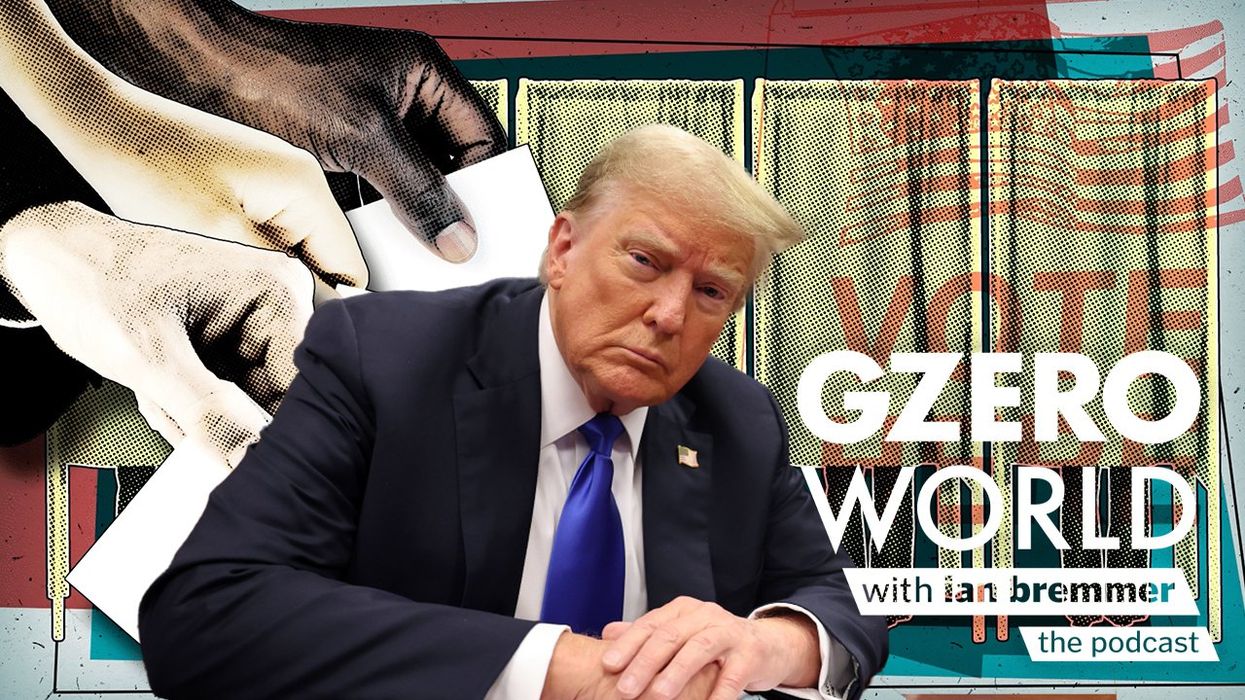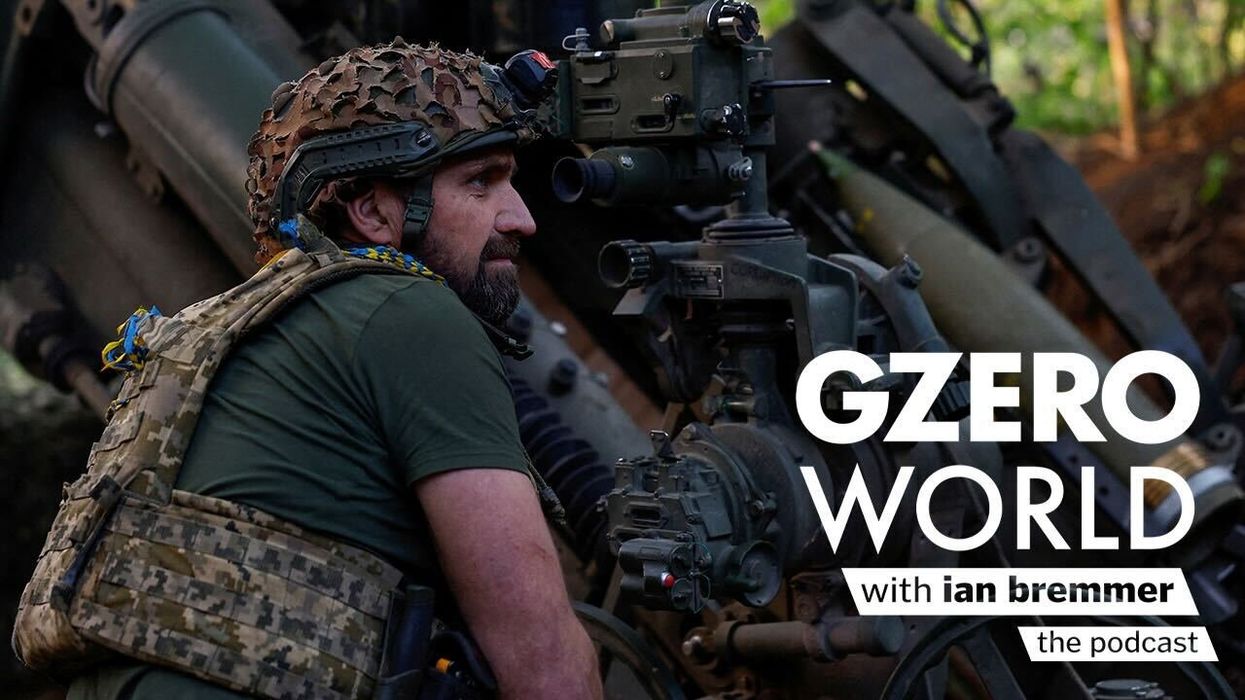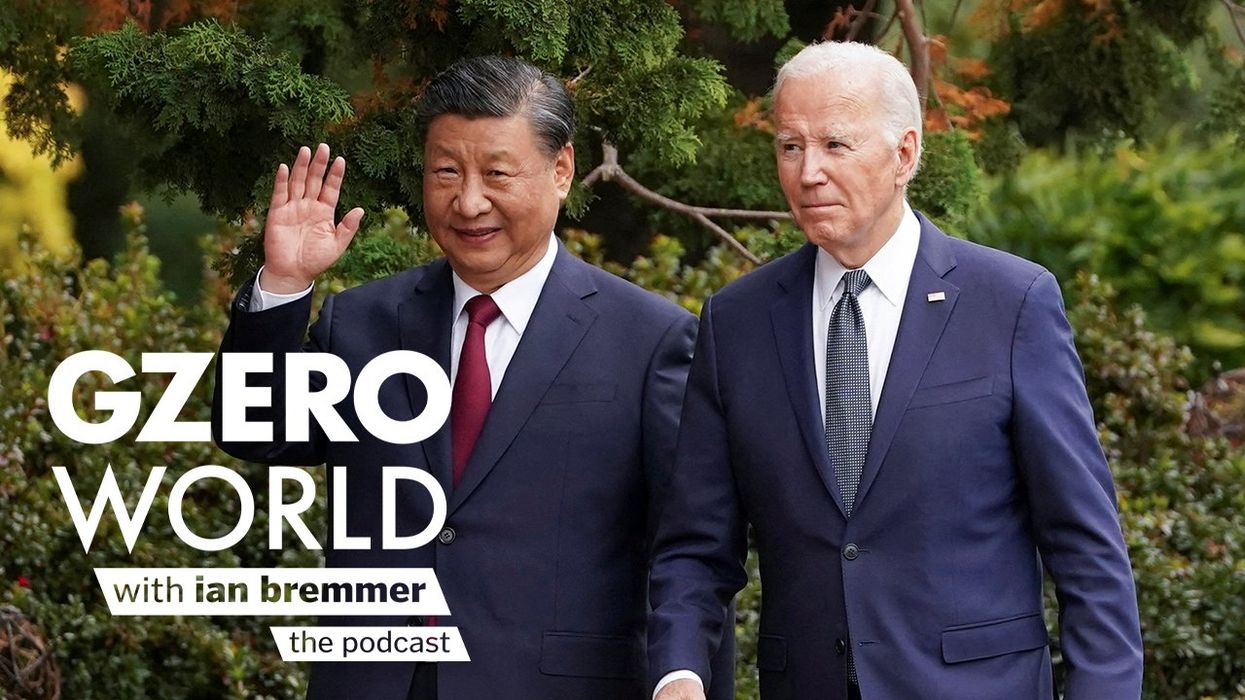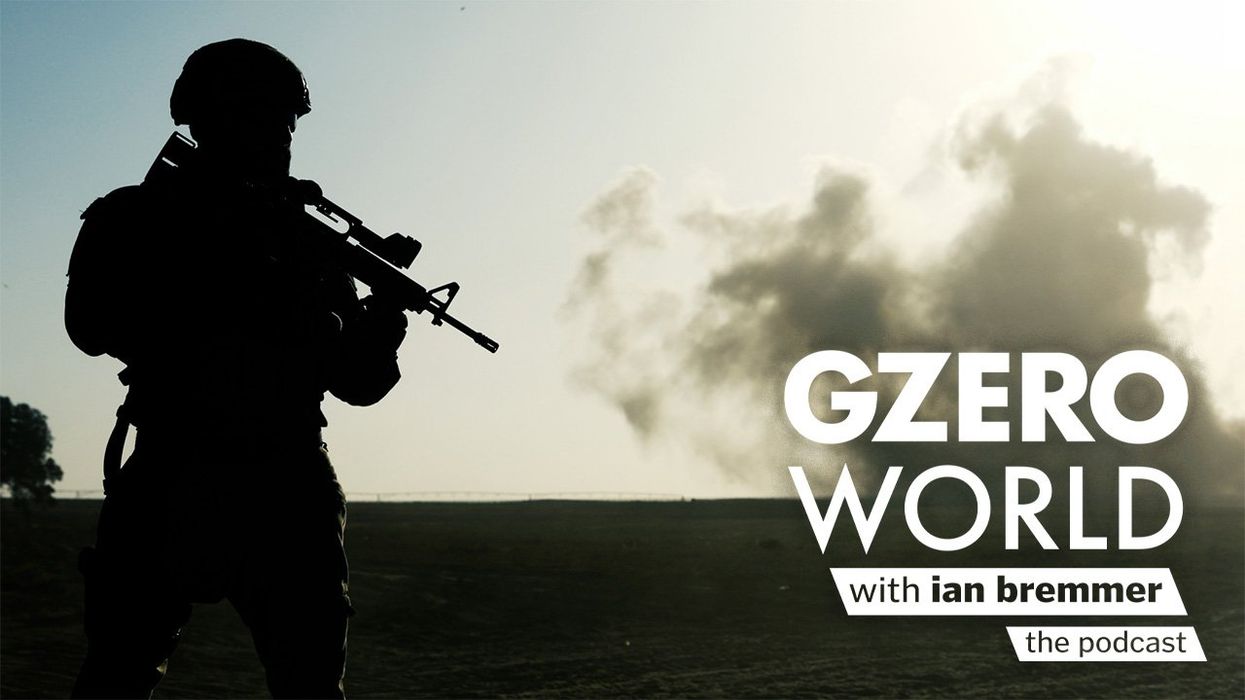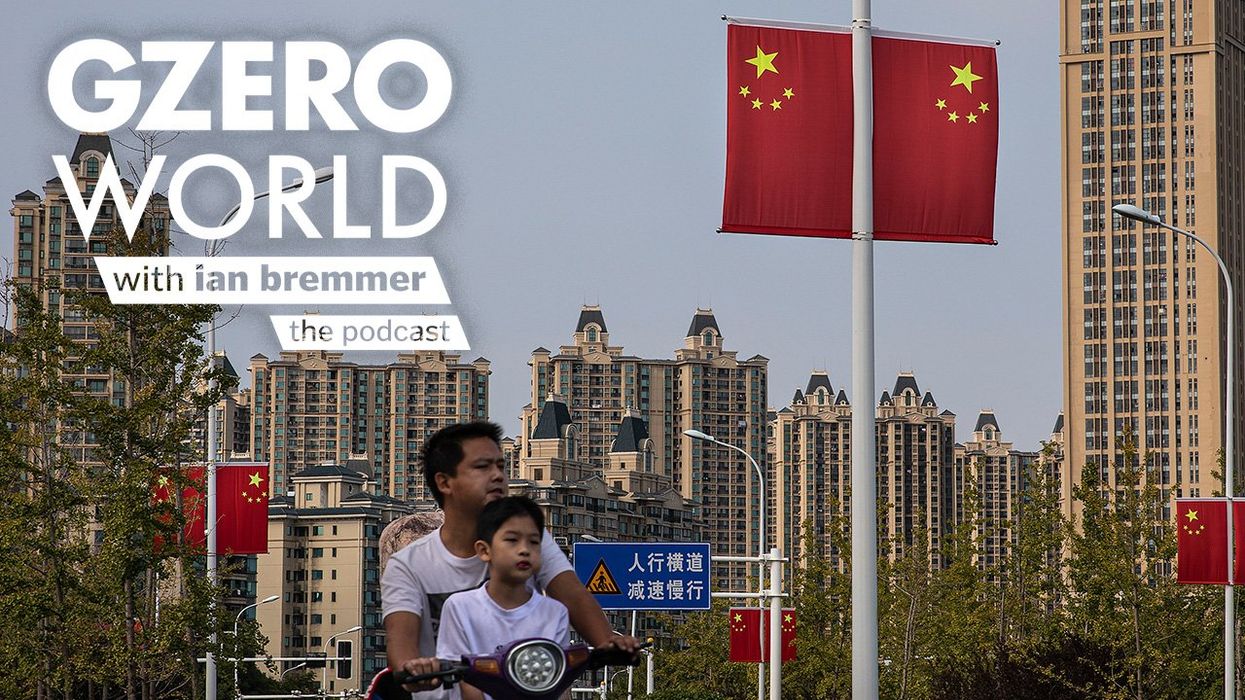Podcasts
Trump hits oil states
US President Donald Trump has been piling the pressure on Russia and Venezuela in recent weeks. He placed sanctions on Russia’s two largest oil firms and bolstered the country’s military presence around Venezuela – while continuing to bomb ships coming off Venezuela’s shores. But what exactly are Trump’s goals? And can he achieve them? And how are Russia and Venezuela, two of the largest oil producers in the world, responding? GZERO reporters Zac Weisz and Riley Callanan discuss.
Nov 02, 2025



